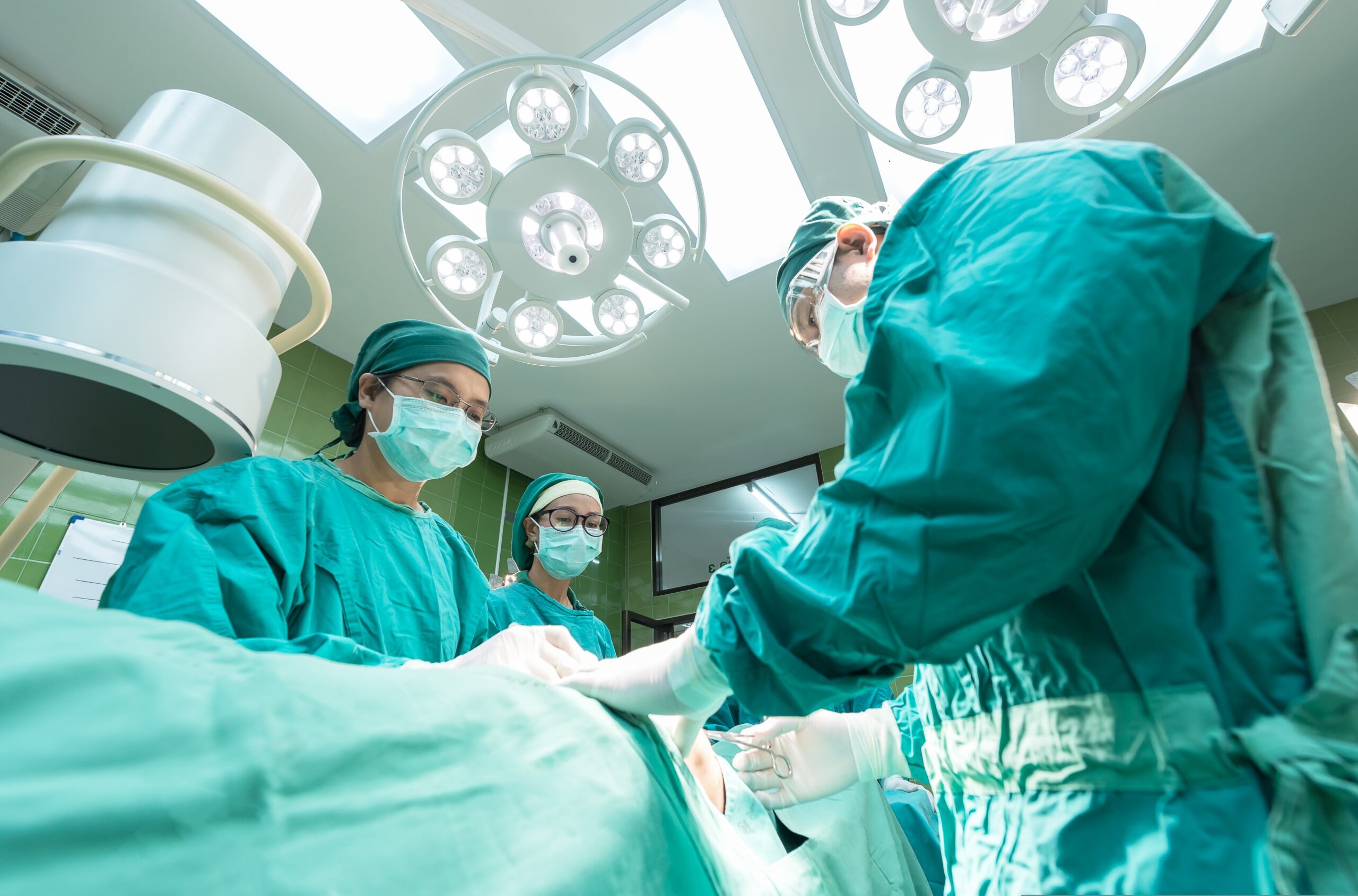Medical robotics is a field that is gaining popularity due to its unique ability to perform precise and complex medical procedures that would previously have required surgical intervention. Highly specialized medical robotics solutions are an excellent example of the use of technology to improve the health and quality of life of patients. In recent years, the development of medical robotics has advanced with unprecedented speed – state-of-the-art medical robots that are capable of performing complex medical procedures (such as cardiac surgery, neurosurgery and orthopedic surgery) have been created. Thanks to medical robots, surgeons have access to more precise tools that minimize the risk of complications during surgery and shorten patients’ recovery time.
One of the forerunners in this field is Intuitive Surgical, which introduced the first commercial surgical robot, the Da Vinci Surgical System, in 2000. [1] Today, this system is widely used in various fields of surgery, and is also used in cancer treatment. With the passage of time, newer and more advanced medical robots are emerging. One example is Renishaw’s Robotic Stereotactic Assistance neurosurgical robot system, which was launched in 2016. It enables precise, as well as safe, neurosurgical procedures.
Is medical robotics applicable in Poland?
In Poland, medical robotics is also used in various fields of medicine – including examples of urological, cardiac, neurosurgical and orthopedic surgeries. One of the most important centers using medical robotics in Poland is the Maria Sklodowska-Curie Oncology Center – Institute in Warsaw. Among other things, the center performs prostate cancer surgeries using the Da Vinci Surgical System.
Willing to invest in new technologies – the University Center for Robotic Medicine in Krakow
Although investment in medical robotics usually requires a high initial cost, it can bring significant savings in the long run. Medical robots make it possible to reduce surgery time, increase the efficiency of medical staff and reduce the risk of complications and complications, which ultimately leads to lower treatment costs. The introduction of such technology also allows a clinic or hospital to become more competitive and increase its prestige.
Therefore, on 25.04.2023, Jagiellonian University Rector Prof. Jacek Popiel and University Hospital Directors Dr. Wojciech Cyrul, Prof. UJ and Marcin Jędrychowski signed a letter of intent to establish a University Center for Robotic Medicine in Krakow. The letter underscores the dynamic development of medical robotics and the many benefits of its use in treating patients. It also cited the fact that treatments using the latest technology are safe and effective, increasing their popularity among doctors and patients.
The University Hospital in Krakow and the University Children’s Hospital in Krakow – as top-notch medical facilities in this part of Europe – have a wide range of activities in their training program for doctors in robotic surgery, as well as employing specialists with recognized experience in the application of treatment using the latest minimally invasive technologies – University Hospital in Krakow. [2]
Krakow’s medical facilities, such as the University Children’s Hospital and the University Hospital, are already among the top-tier medical facilities in Europe. They have a wide range of activities in the training program for doctors in robotic surgery and employ specialists with recognized experience in the application of cutting-edge medical technologies. Jagiellonian University and the signatories of the letter of intent recognize the need to educate those preparing for the medical profession in the latest technologies. The cooperation between the university and the medical institutions will allow for the best results in applying robotics to treat patients and provide them with the highest quality medical care.

There is no denying that the idea of establishing a University Center for Robotic Medicine is a milestone in the development of medicine in Poland. It proves that Polish doctors are ready to take advantage of the latest technological advances to provide the best possible care to their patients. It’s also an opportunity for young people who want to get an education in the medical field to gain knowledge and experience in Poland.
Bibliography:
[1] About the daVinci Surgical System, UC Health
https://www.uchealth.com/services/robotic-surgery/patient-information/davinci-surgical-system/
[2] List intencyjny w sprawie utworzenia Uniwersyteckiego Centrum Medycyny Robotycznej, SP ZOZ Szpital Uniwersytecki w Krakowie https://www.su.krakow.pl/nasz-szpital/aktualnosci/list-intencyjny-w-sprawie-utworzenia-uniwersyteckiego-centrum-medycyny-robotycznej
Zuzanna Czernicka


